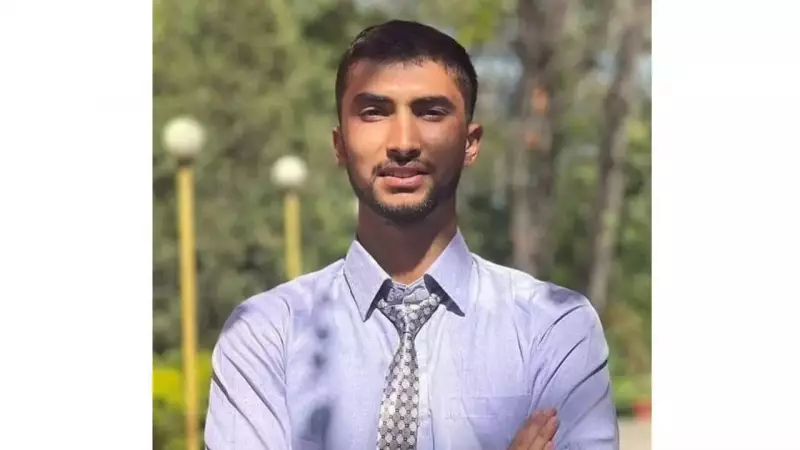
The picturesque town of Nepalgunj in Nepal has been plunged into mourning as devastating news confirms the death of Bipin Joshi, their 23-year-old student who had been held captive by Hamas militants since the October 7 attacks in Israel.
A Promising Life Cut Short
Bipin Joshi, remembered by his community as an ambitious and bright young man, was pursuing agricultural studies at an Israeli university when tragedy struck. During the brutal Hamas assault on October 7, Joshi was among several foreign students caught in the crossfire and taken hostage.
For months, his family and community held onto hope, organizing prayers and vigils for his safe return. The recent confirmation of his death has shattered those hopes, leaving his hometown devastated.
Community in Mourning
The streets of Nepalgunj have been filled with grief as news of Joshi's death spread. Local residents describe him as a "son of the soil" - a young man with big dreams who represented the aspirations of his entire community.
"He was not just a student; he was the pride of our town," shared a family friend. "His journey to Israel for education was seen as an achievement for all of us. We never imagined it would end like this."
International Implications
Joshi's death highlights the international impact of the Israel-Hamas conflict, which has claimed lives from multiple nationalities. The Nepali government has been actively involved in seeking information about their citizens caught in the conflict zone.
This tragic incident has raised serious concerns about the safety of international students in conflict-prone regions and has prompted discussions about better protection mechanisms for students studying abroad.
A Legacy Remembered
As the Joshi family prepares for memorial services, the entire nation of Nepal stands in solidarity with them. Bipin Joshi's story has become a symbol of both the dreams of Nepali youth and the tragic realities of global conflicts that can shatter those dreams.
The young student's memory will live on in his community, serving as a poignant reminder of the human cost of international conflicts and the fragility of life when politics turns violent.





